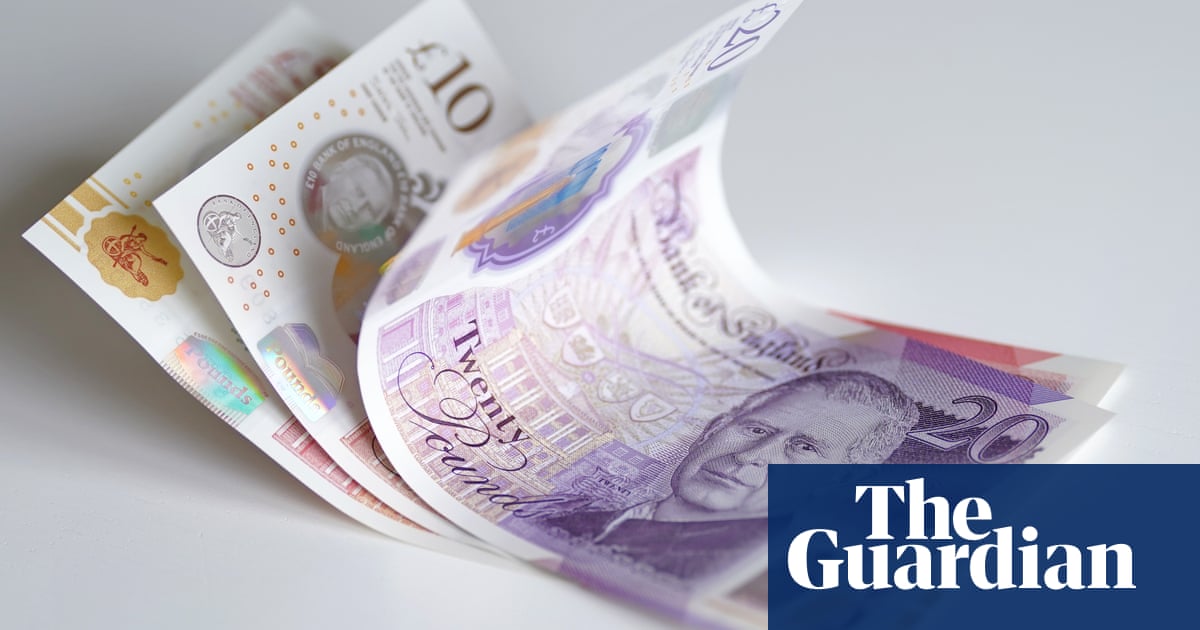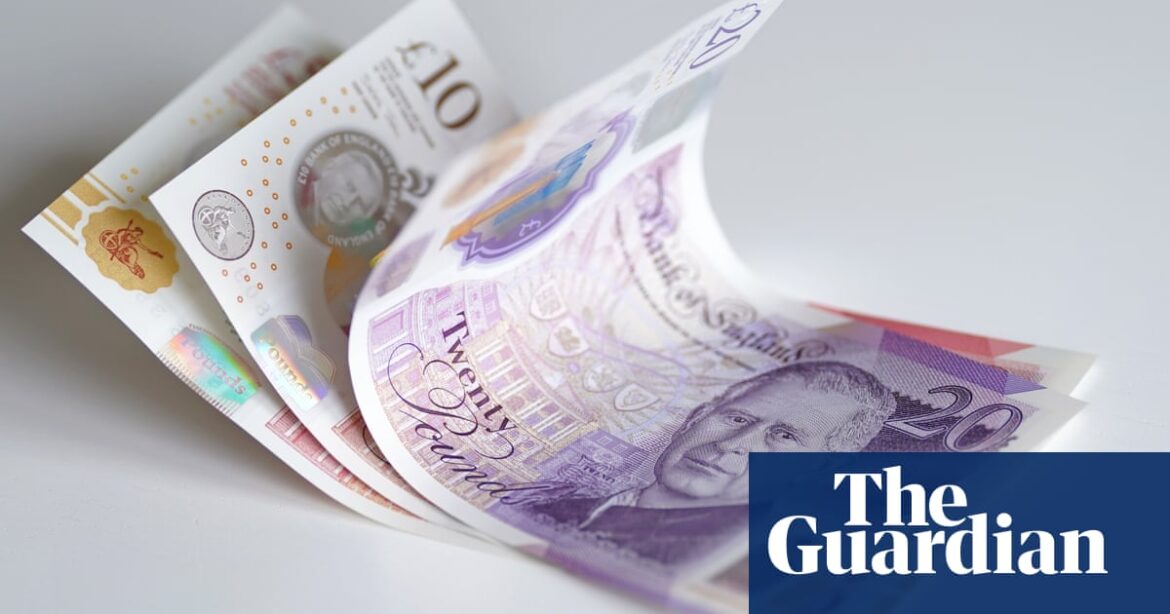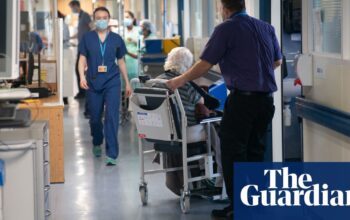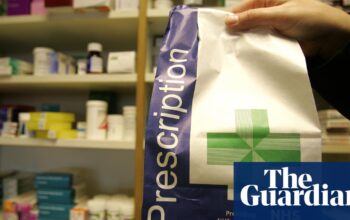
Consumer confidence in the UK economy has fallen to the lowest levels since the height of the cost of living crisis, as people worry about the impact of US tariffs and Russia’s war in Ukraine.
Almost two-thirds of people believe the economy will get worse in the next 12 months, while only 11% think it will improve, according to a survey from the consumer group Which?.
Its consumer confidence tracker fell by seven points to -53, the lowest point since December 2022, when the cost of living crisis was at its worst and the inflation rate was above 10% – well above the Bank of England’s 2% target.
Nearly seven in 10 people (67%) said they felt gloomy about the economy because of global events such as the war in Ukraine, and Donald Trump’s tariffs and trade policy.
Other reasons include changes in prices, cited by 63% of people, and government tax changes, cited by 60%.
This echoes findings from the data company GfK, whose consumer insights director Neil Bellamy said consumers had been grappling with “multiple April cost increases” in the form of higher utility bills, council tax, stamp duty and road tax, and were also “hearing dire warnings of renewed high inflation on the back of the Trump tariffs”.
Confidence in future household finances also worsened, by 10 points to -19, the lowest level recorded since July 2023, according to the Which? report. Confidence in current household finances fell by six points to +21.
The number of households missing essential payments, such as rent or mortgage, utility bills, credit card or loan payments, remained at similar levels to March, at 1.9 million households, in the month to 11 April. Which? estimates that between 5.6% and 7.7% of households missed or defaulted on a housing, bill or credit payment.
The proportion of tenants missing rent payments increased to 4.7% in the past month, as many are still struggling to make ends meet due to continuing cost of living pressures.
after newsletter promotion
An estimated 13 million households, nearly half the total (46%), were forced to make at least one adjustment to cover essential spending such as energy bills, housing costs, groceries, school supplies and medicines in the last month. Adjustments include cutting back on essentials, dipping into savings, selling possessions or borrowing. This is slightly lower than the 51% in March.
Rocio Concha, director of policy and advocacy at Which?, said: “Consumer protections give people the confidence to spend, so whether it’s rooting out online fraudsters, taking down rogue traders or tackling misleading business practices, the government must do more to place consumers at the heart of its plans to grow the economy and restore people’s confidence.”
Source: theguardian.com



